She Keeps the Monsters Behind the Ice by Samuel Poots

My parents said I didn’t need to be afraid of the monsters in Lake Reema, because the Lady trapped them under ice.
“That’s why we hold this festival,” they’d say and stamp the ice, before heading to the feasting table.
It never worked. Each time they dragged me out onto the lake ice, I’d shut my eyes in case I saw some needle-toothed monster beneath my feet.
A six-year-old’s memories are strange. When I think back to those midwinter feasts, long gone now of course, it’s like looking at charcoal sketches. Half-formed, details smudgy. I remember lanterns and food, but the fear runs through it all, a dark, seeping feeling pouring between the thoughts and freezing them in place. That and my grandfather’s hands.
He was a big man and would pick me up and set me on his lap so I wouldn’t have to stand on the ice. He wouldn’t say anything, just pass me food while sipping a flask which smelled like peppermint, until his cheeks reddened and peppermint hung in a misty haze about him. I’d cuddle into him and wrap his firm quiet around me. He had hands like mountains, anchoring my world. He never joined the others, swapping stories about the Lady of Lake Reema and the monsters she guarded us from. Save once.
“The ice came late this year,” he said to me.
I don’t remember his face. Just his expression. Which makes no sense, but that’s memories for you. In the middle of our laughing, cheering neighbours, he sat solemn.
“It were late last year too,” he carried on. “And the summer brought that blue algae with it again, the stuff which made the cows sick. The world’s getting warmer, they say. Soon, there’ll be no place left for monsters.”
That hadn’t sounded too bad to me. I told him as much, and he chuckled and held me tighter.
“I saw her once, you know,” he said. “It’s funny. I struggle to remember you grandmother’s face sometimes. But the Lady…It’s as though I can see her now, right in front of us.”
I know she wasn’t there, but I remember the Lady too. Tall with hair as dark as Lake Reema’s water, and eyes as sad as my grandfather’s. In my memory, she’s standing by his shoulder, listening.
“I were out on the lake, drawing up eel pots. We still wove them from reeds in those days, not the plastic nonsense from the cities.”
He sighed, peppermint rustling my hair.
“I was alone save for the herons and the mist. And then her. She said something. I don’t know what. But I said yes. And she took me by the hand and the waters parted, became like stairs leading down.”
I can see his story so clearly. My grandfather, a young man, walking down steps of still-flowing water. To either side, the lake rises in walls. Weeds wave and fish swim. Sometimes, I watch him walk. Other times, I am him, going to whatever world lies beneath the lake, tasting the water and soil in the air with every breath.
“At the bottom, I saw it. The monster. It was eel-like. A long, wriggling body, but its eyes were human. And it were dying. It’s chest heaved, its skin patchy with boils.
“I learned later a farmer had been trying some new stuff on his fields. When the rain came, it all ran into the lake. We were finding dead fish floating for months. But they were small and died quick. This thing was suffering.”
Grandfather took another sip from his flask, eyes fixed not on me, but on the mirror-dark ice beneath the feast table.
“The Lady, she left me and went to its side. She cradled its head and crooned over it, just like a mother does over a sick child. And then she looked at me. She was angry. So angry. And scared. And sad. And… I dunno. Tired, I think. She pointed to my belt where I kept my knife and I knew she wanted me to end its suffering. Maybe she couldn’t bring herself to do it. Or maybe she thought one of us should, as penance. She brought me down there to kill a monster. And I did. I slid my knife between its ribs, not like with a fish, but with a man. And it died. I can still smell—”
He stopped. I waited, breathless. Then he flicked the cap back onto his flask, the sound sharp as a shot.
“This is all wrong,” he said, waving at our neighbours. “She don’t make the ice to protect us. I reckon she does it to protect them. But her ice comes later and later. Later and later. We’re warming up the world, they say.”
It has been fifty-odd years since then. I have grandchildren of my own now, ones who’ll never see ice on Lake Reema and never fear monsters beneath their feet. The world’s grown warmer, and emptier.
I like to walk along Lake Reema’s shores, looking out and imagining I can see them, my grandfather in his boat and the Lady holding his hand. Then the mists part, and I see nothing, save the algae growing everywhere.
Until today.
I found the thing washed up on the shore. It was tiny, like an eel. It had small, grasping hands and tiny, needle claws. Its eyes were closed, its gills still moving.
For a moment, that old childhood fear gripped me and it was like hearing an old friend call my name. Maybe that’s why I gathered the thing up and took it to the old well, away from the algae.
Maybe it’ll grow into a new monster. If it does, will the Lady come back with her ice to help it? Could I say sorry to her? I doubt it. But I think my grandfather would approve.

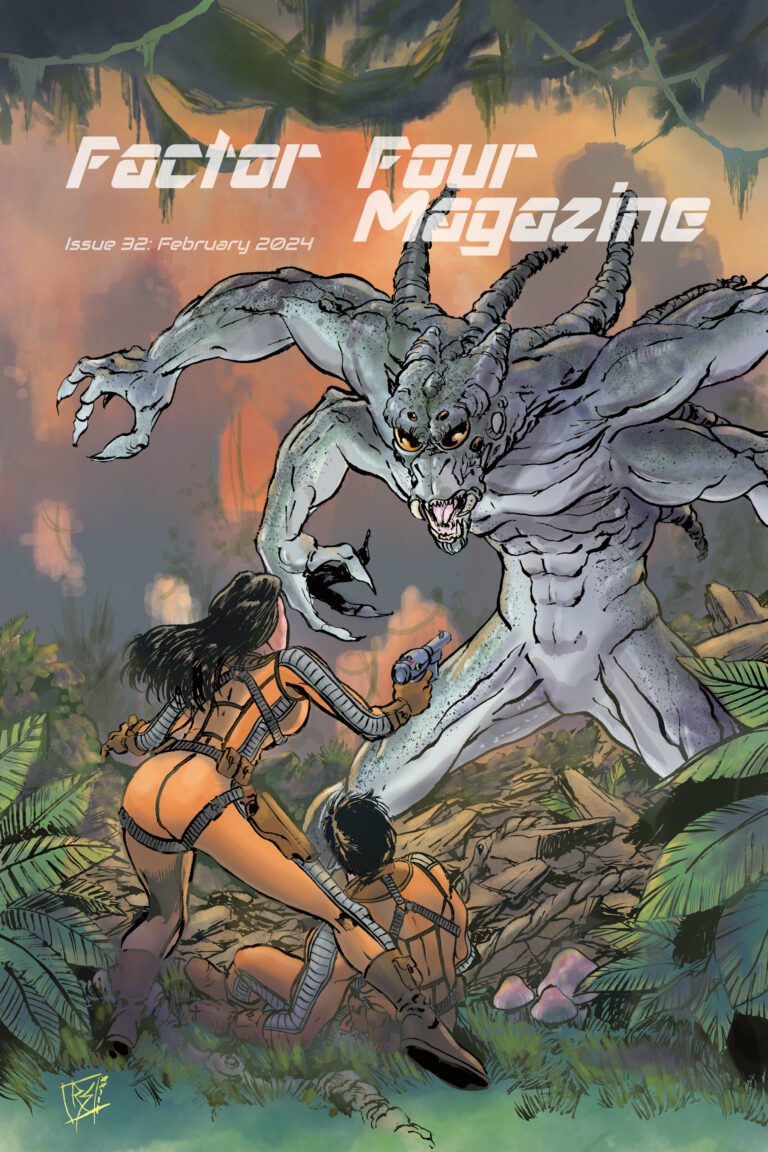
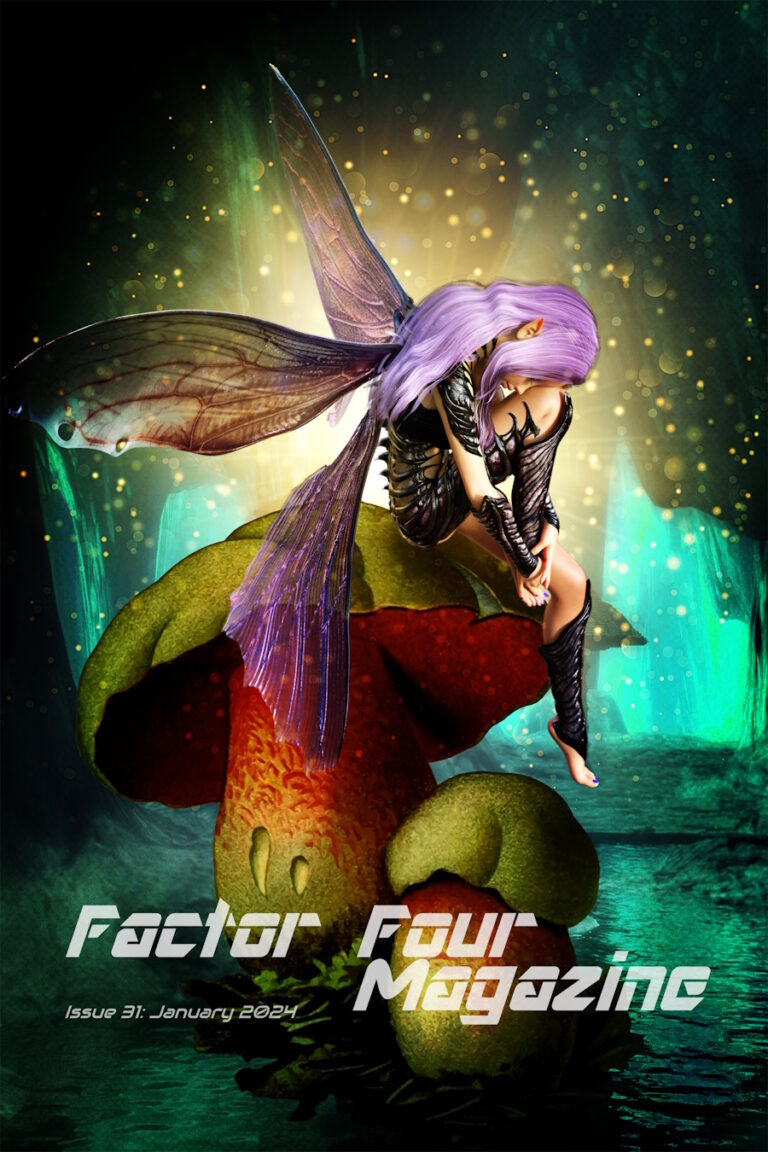
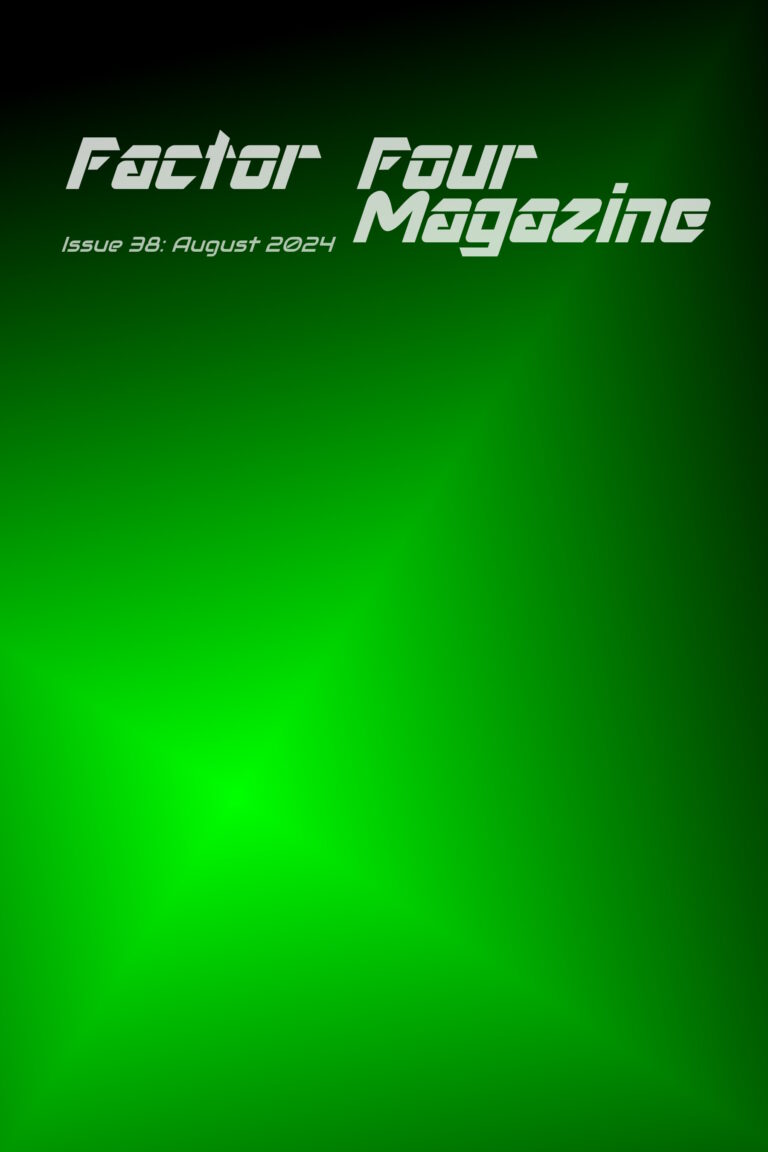
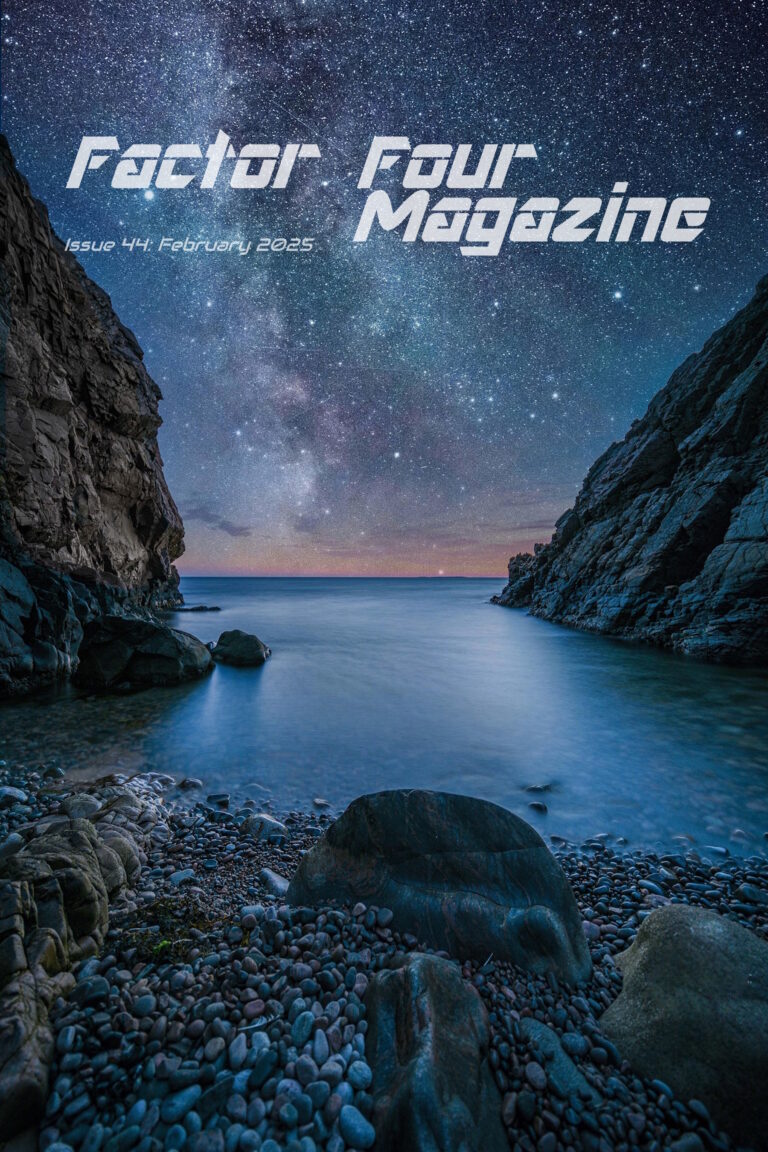
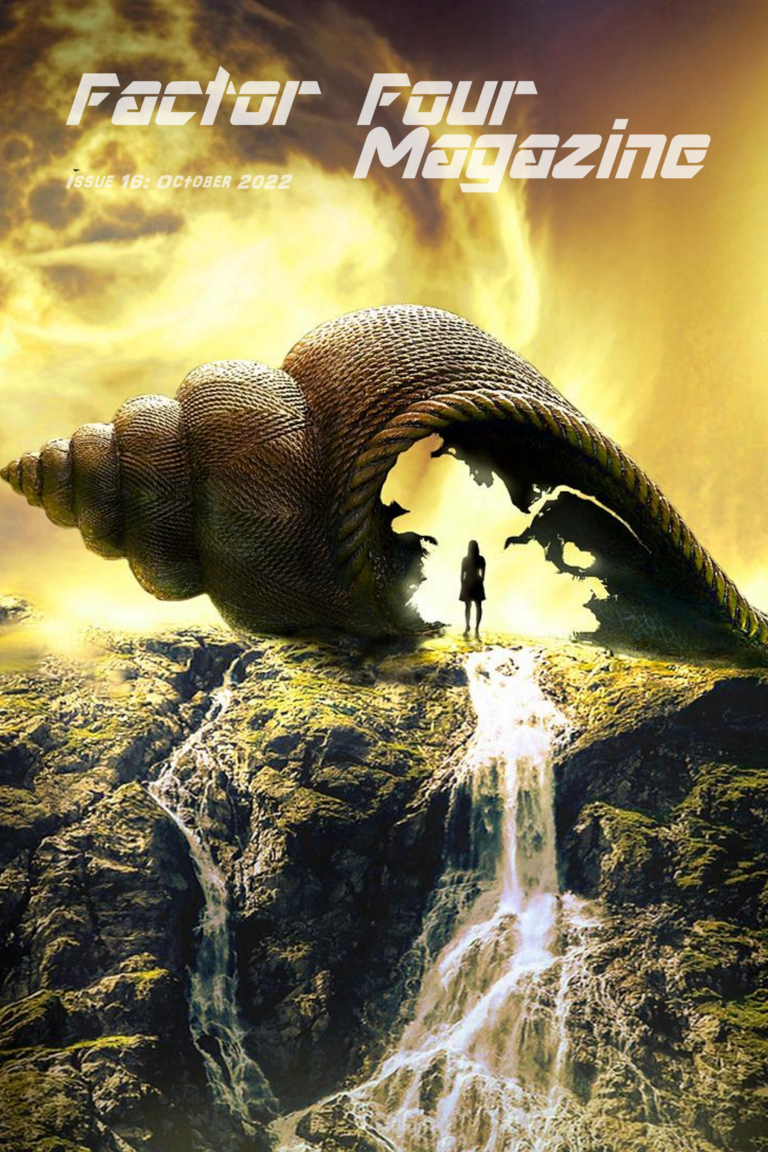

One Comment